New study finds Black Cal State LA students feel ‘isolated,’ and racism is a ‘major obstacle’
This 87-page report covers topics like the lack of Black people on campus, anti-Black racism, and faculty support.
A lack of Black people on campus, instances of anti-Black racism and a lack of faculty support are things Cal State LA struggles with, according to an 87-page report detailing the experiences of Black Cal State LA community members.
The study, titled “Black Campus Climate: Towards a Liberatory and Equitable Black Campus Experience,” was conducted by Cal State LA Pan African Studies faculty members Serie McDougal III, Libby Lewis, Rev. James M. Thomas and Tanesha Collier, the university senior graduation advisor at Cal State LA.
The report was sponsored by the San Fernando Valley and the Santa Monica Venice branches of the NAACP.
This study is “an investigation of how Black faculty, staff, administration and students relate to one another at an institution of higher education, and how their campus experiences diverge and converge,” according to the report’s abstract.
The report was made possible with the anonymous interviews of 26 Black students, 18 Black faculty members, and 17 Black staff members and administrators. Cal State LA has around 331 Black students, according to the fall 2022 admissions date of 4.1% of 8,085 enrolled students.
Challenges
The lack of Black people on campus was one of the major recurring issues from this study.
Thirty-four of the 61 respondents (56%) reported the “limited number of Black people on campus as a major challenge,” according to the study.
Black people make up 9% of the Los Angeles County population, according to the 2021 U.S. Census. As of fall 2022, 4.8% of applicants were Black, and only 4.1% of enrolled applicants were Black, according to the Cal State LA admissions data.
By contrast, Latinx people make up 49.1% of Los Angeles County and makeup 72.2% of enrolled applicants.
For fall 2022, the number of Black people who have applied, been admitted, and enrolled are all down from fall 2021, according to the Cal State LA admission trends.
The number of Black people who have applied to Cal State LA has been on a downward trend since the fall of 2018, while the number of Black people admitted to Cal State LA saw an increase from Fall 2019 to Fall 2021.
Half of Black faculty members and more than one-third of staff members and administrators identified a lack of Black students and staff as a challenge specifically because they “drew motivation and inspiration from the presence of Black students,” the report said.
Another issue highly reported by the faculty was the lack of Black faculty and staff.
“[S]ome of their most positive relationships on campus were with other Black faculty or staff members, and that the lack of those increased their sense of alienation,” according to the report.
Students also feel this impact, 35% of students surveyed said the limited number of Black faculty members made them “feel less comfortable and supported on campus.”
While there is no data on Cal State LA’s website about faculty race breakdown, 12.7% of faculty are Black, while 52.8% are white, according to the College Factual website. This may be due to the fact that the L.A. County population of white people is much higher, at 70.2%, according to the most recent U.S. Census.
Cal State LA officials could not give a statement with data they have on this matter due to the print deadline, an update will be added online if a response is received.
Cal State LA sent out a campus-wide email addressing this study, saying, “We appreciate the views and experiences expressed in the study. The research findings are troubling, yet hopeful.”
The announcement said that university leadership, including President William A. Covino and other officials such as Vice President for University Advancement Robert Avalos and Vice President for Student Life Octavio Villalpando, “had a productive conversation about the issues raised in the study and considered next steps for broadening the discussion of its conclusions and recommendations.”
The campus-wide email also said that there will be further event coordinating next semester and meetings “with other groups soon, including the college equity coordinators and the Academic Senate Task Force on Diversity, Equity, Inclusion, and Belonging, among others.”
Anti-Black racism
More than two-thirds of participants said anti-Black racism was a “major obstacle to their academic and social success and well-being.”
The study found that this, along with little representation, contributes to students feeling alienated.
“Fifty-eight percent identified the exclusion of Black intellectual heritage from the curriculum as a factor reducing the quality of their courses,” the study found.
This leads to “difficulty finding pockets of support and community on campus,” an issue the UT previously reported on.
Over half of the faculty surveyed (56%) said they have experienced “difficulties accessing resources and advancing their careers as among the greatest obstacles they faced at the university.”
Thirty-eight percent of students also experienced “insensitivity, rigidity and poor communication by certain professors.”
Faculty support
While the study already acknowledged there is a lack of Black students and faculty on the Cal State LA campus, 64% of participants “identified their relationships with faculty as a source of support…satisfaction, enjoyment and resilience.”
Student interviewees specified “supportive” faculty as those who make themselves available and communicate well with students’ concerns.
Students mentioned supportive faculty who mentored them and guided them toward opportunities regardless of their race. Additionally, seven of the students interviewed agreed that Black faculty members often went above and beyond to support their Black students and help them feel welcome.
Pan African Studies
According to its website, Cal State LA’s Pan African Studies (PAS) is the second oldest Black Studies department in the nation. The Black Campus Climate report found that the department is a big source of support for all groups interviewed.
According to the report, thirty-three percent of faculty and 35% of students identified the department as a source of support.
PAS faculty viewed the department as a safe and familial place, and Black faculty not in PAS saw it as an equitable environment where they could come to cultural events and connect with other Black colleagues.
Students saw PAS as supportive because it exposed them to African and Black experiences and gave them knowledge of that heritage and different perspectives. They also viewed it as a space where they expected to make important connections with other Black students or like-minded students.
Some students had wanted their other courses to talk about the Black experience more than their PAS courses. Other students felt that they discovered the department too late in their college careers.
Insufficient responses
As the UT reported last semester, there have been many allegations within the last year of Cal State LA and its officials being anti-Black. This view can be seen reflected in the study as well.
Forty-one percent of participants reported “insufficient and evasive university responses to Black campus problems and calls for change.”
The interviewees want the campus to pursue and listen to the concerns of Black students and employees and develop long-term solutions with Black campus involvement and proper funding.
People surveyed described a culture of campus leadership that allegedly avoids accountability for racial inequity and continually ignores or proposes band-aid initiatives for their Black campus population.
“They also expressed the concern that Black campus voices not be watered down in the name of inclusiveness. One strategy the university uses, according to some staff interviewees, is not listening to Black student voices independently and so letting them be drowned out by the concerns of the general campus population or people of color concerns,” the Black Campus Climate report stated.
Solutions
Many people interviewed said they feel the Black campus climate would be significantly improved if the university increased its recruitment of Black students and encouragement for them once they’re on campus.
Administrators, students, faculty and staff felt that expanding the number of Black students and reworking the approach of the university’s recruitment of them would make the campus climate more comfortable, inclusive and inspiring to Black faculty.
“In addition to recruiting more students, [students] need more counselors and other support to improve their mental health and chances of success. Black administrators especially emphasized the need for Cal State LA to expand its recruitment into more Black communities,” the report stated.
More than half of faculty participants (61%) felt “unburdening Black faculty and staff members and supporting their professional development as a step university leadership could take to improve their experiences on campus,” according to the report.
Half of the faculty participants also felt that the university needs to invest in Black faculty members.
These faculty members also noted that they found it hard to seek out individuals who would help them propel their careers and participate in different forms of professional development, like promotion, tenure and retention.
“[A]cknowledging how overworked, underpaid, and under-supported the Black faculty and staff are, in large part due to what is known as the Black tax—the fact that they must deal with racism, alienation, and underrepresentation on campus in order to succeed,” the report stated.
The Black tax is “a term commonly used in South Africa that refers to the obligations of first-in-the-family college graduates, professionals, or others who “make it” to assist their family members,” according to Vox.
Unburdening Black faculty and staff will allow them to help more students as well as contribute to more community-centered research and more. If these members are not better compensated, they will continue to be demotivated or turnover.
These faculty members also have shown concerns about the distinctive obstacles they are faced with as Black professionals in pursuit of career elevation. Many members in this study expressed issues containing “microaggressions, racialized unprofessionalism, and the need for senior faculty members and leaders who will protect them from unfair treatment on campus or in processes such as retention, tenure and promotion.”
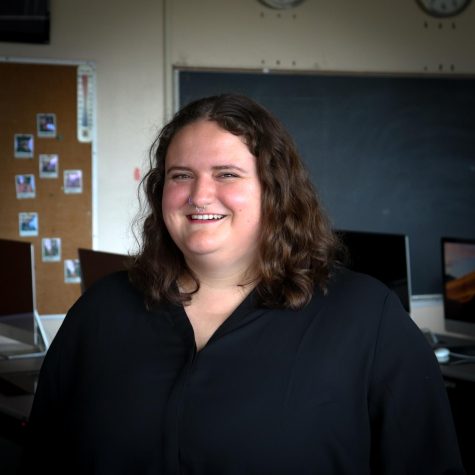
Victoria Ivie (she/they) is a fourth-year journalism major. She is the Editor-in-Chief of the University Times and writes with a focus of undercovered...

Alyssah Hall is a fourth-year journalism major and the Senior Multimedia Reporter for the University Times. She is passionate about spotlighting minority...

Fatima Rosales is majoring in Graphic Design and Visual Communications. She works for the University Times as Production Manager, designing the newspaper,...

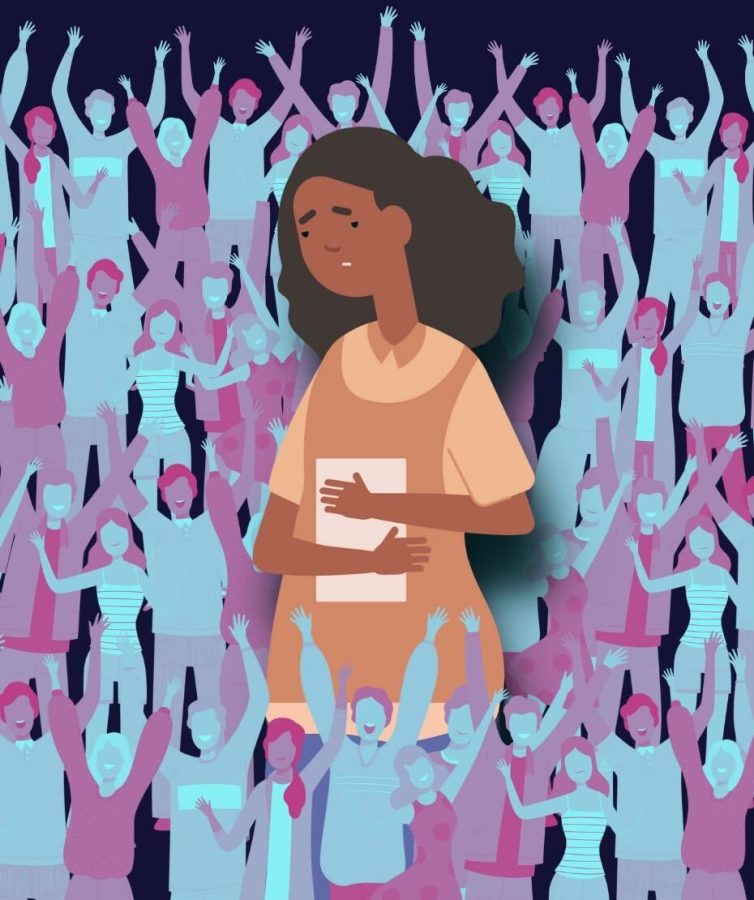



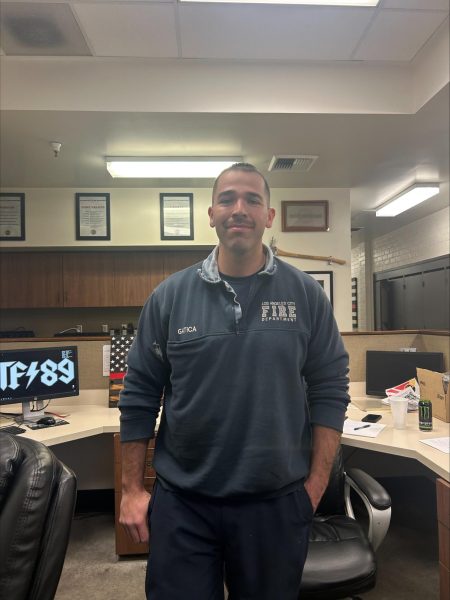



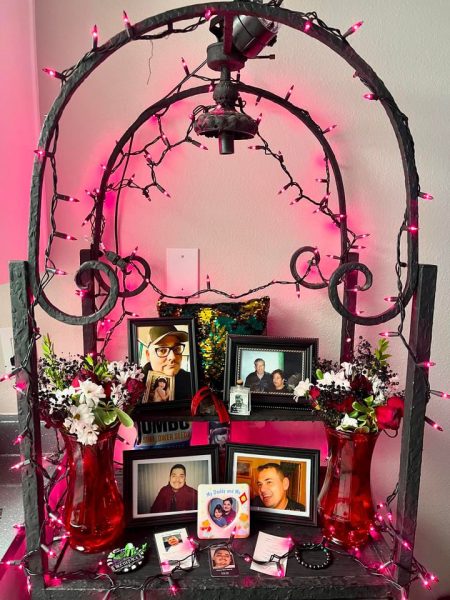
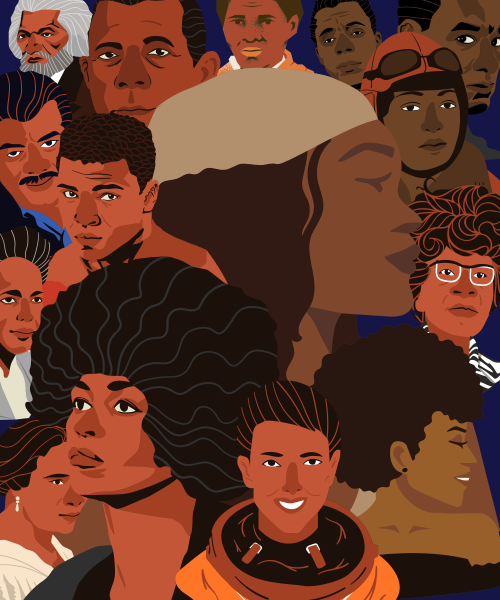
Rick • Mar 21, 2023 at 8:06 am
Well written!